Doctors are assuring the public that it’s not going to take over the world and kill us all, but it is something we need to be aware of.
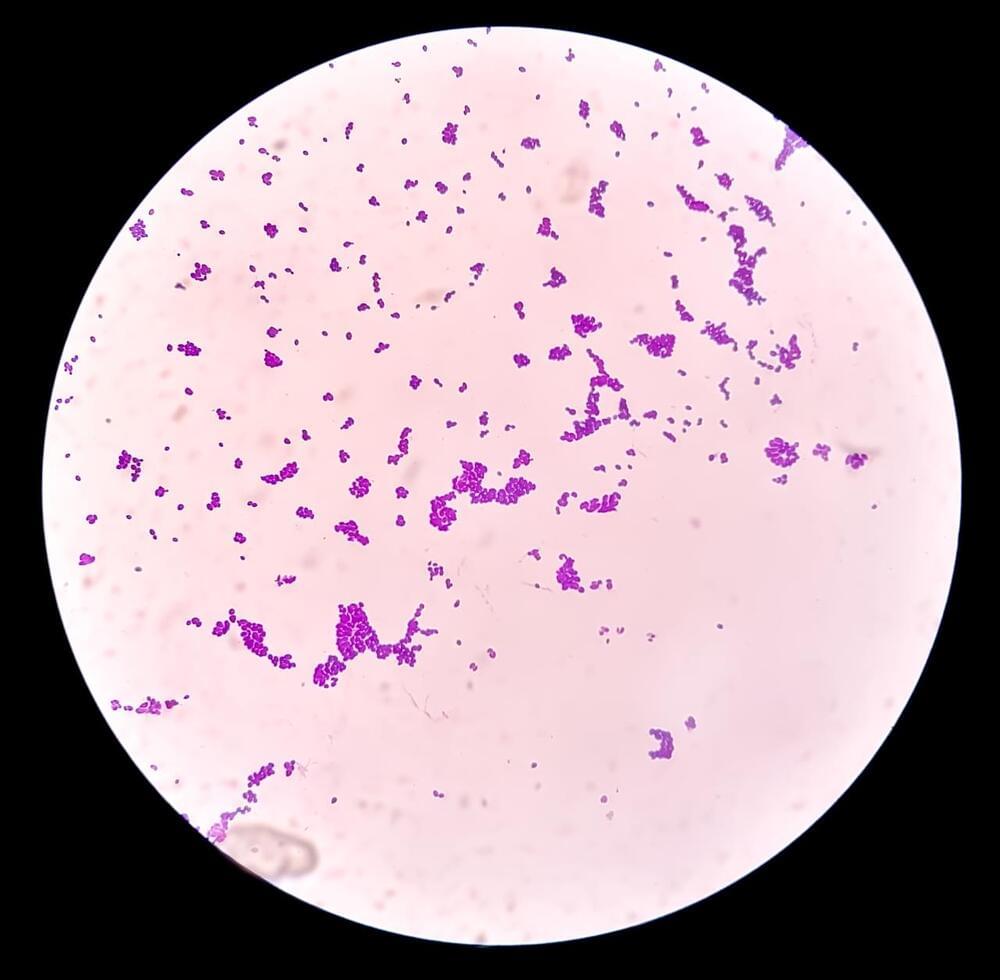

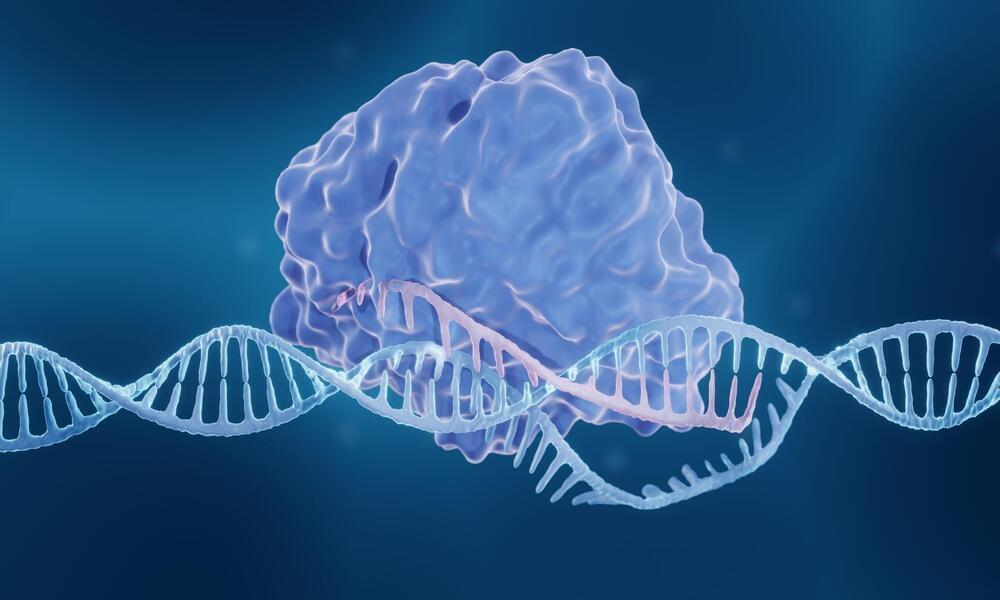
The researchers add that these data demonstrate that CRISPRa is generally applicable across chromatin states and cell types, and highlights the factors that impact the degree of gene activation and how easy it is to reproduce the effects. Understanding these factors is important in the design and analysis of CRISPRa screens, which are used to look for genes involved in genetic diseases, the team points out.
Further study is required to continue to add to these rules and to see whether different CRISPRa or CRISPR interference techniques behave in a similar way.
“Our research has established a system for reporting the effectiveness of CRISPR activation in stem cells, allowing us to gain a better understanding of how CRISPRa works in multiple cell states,” says Qianxin Wu, PhD, first author from Wellcome Sanger. “We also showed that CRISPR gene activation is powerful enough to induce stem cells to differentiate into other cell states. This suggests that CRISPRa screens can be used to search for genes involved in cellular processes or to generate more accurate models of cell types in the body, aiding research into genetic diseases and regenerative medicine.”

Who would have thought that video games are good for TBI? I play them sometimes. Time for that, and not just music.
Video games may help TBI patients recover their physical and cognitive abilities faster than traditional therapy, according to recent research.
Although they might seem like just a pleasant distraction, video games engage several parts of the brain at once and can even promote neuroplasticity.
Today’s article will explain the many therapeutic uses video games offer. Then, we will show you some of the best types of video games for TBI.
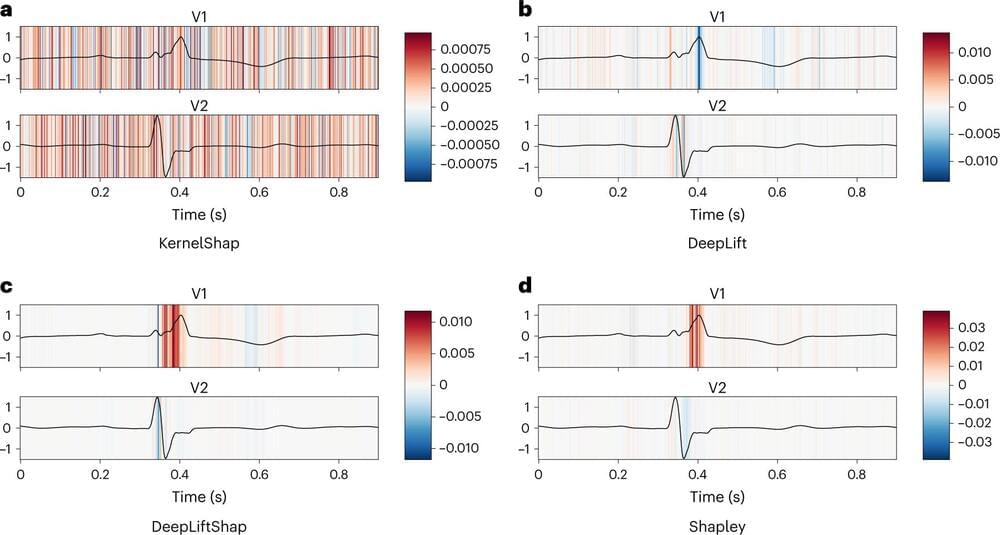
Researchers from the University of Geneva (UNIGE), the Geneva University Hospitals (HUG), and the National University of Singapore (NUS) have developed a novel method for evaluating the interpretability of artificial intelligence (AI) technologies, opening the door to greater transparency and trust in AI-driven diagnostic and predictive tools. The innovative approach sheds light on the opaque workings of so-called “black box” AI algorithms, helping users understand what influences the results produced by AI and whether the results can be trusted.
This is especially important in situations that have significant impacts on the health and lives of people, such as using AI in medical applications. The research carries particular relevance in the context of the forthcoming European Union Artificial Intelligence Act which aims to regulate the development and use of AI within the EU. The findings have recently been published in the journal Nature Machine Intelligence.
Time series data—representing the evolution of information over time—is everywhere: for example in medicine, when recording heart activity with an electrocardiogram (ECG); in the study of earthquakes; tracking weather patterns; or in economics to monitor financial markets. This data can be modeled by AI technologies to build diagnostic or predictive tools.
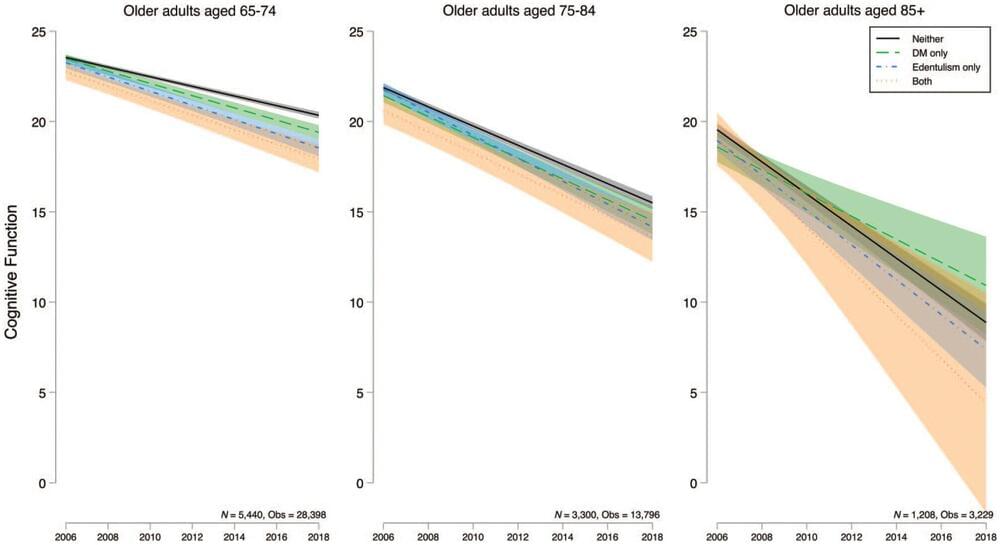
Having both diabetes and tooth loss contributes to worse cognitive function and faster cognitive decline in older adults, according to a new study published in a special issue of the Journal of Dental Research focused on aging and oral health.
“Our findings underscore the importance of dental care and diabetes management for older adults in reducing the devastating personal and societal costs of Alzheimer’s disease and other related dementias,” said Bei Wu, vice dean for research at NYU Rory Meyers College of Nursing and co-director of the NYU Aging Incubator, as well as the study’s lead author.
Diabetes is a known risk factor for cognitive decline and dementia. Several of the hallmarks of diabetes —high blood sugar, insulin resistance, inflammation, and related heart disease—are thought to contribute to changes in the brain.
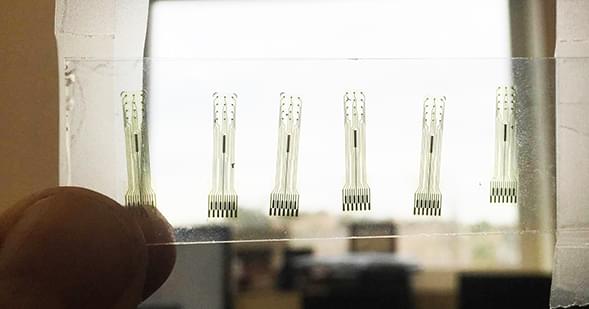
When people suffer spinal cord injuries and lose mobility in their limbs, it’s a neural signal processing problem. The brain can still send clear electrical impulses and the limbs can still receive them, but the signal gets lost in the damaged spinal cord.
The Center for Sensorimotor Neural Engineering (CSNE)—a collaboration of San Diego State University with the University of Washington (UW) and the Massachusetts Institute of Technology (MIT)—is working on an implantable brain chip that can record neural electrical signals and transmit them to receivers in the limb, bypassing the damage and restoring movement. Recently, these researchers described in a study published in the journal Nature Scientific Reports a critical improvement to the technology that could make it more durable, last longer in the body and transmit clearer, stronger signals.
The technology, known as a brain-computer interface, records and transmits signals through electrodes, which are tiny pieces of material that read signals from brain chemicals known as neurotransmitters. By recording brain signals at the moment a person intends to make some movement, the interface learns the relevant electrical signal pattern and can transmit that pattern to the limb’s nerves, or even to a prosthetic limb, restoring mobility and motor function.
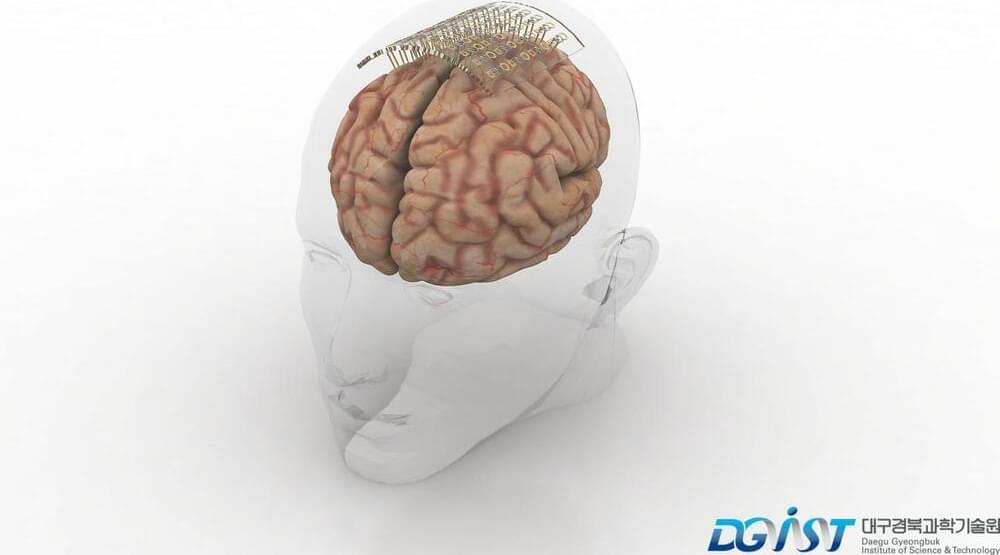
A team from Korea created more flexible neural electrodes that minimize tissue damage and still transmit clear brain signals.
Electrodes placed in the brain record neural activity, and can help treat neural diseases like Parkinson’s and epilepsy. Interest is also growing in developing better brain-machine interfaces, in which electrodes can help control prosthetic limbs. Progress in these fields is hindered by limitations in electrodes, which are relatively stiff and can damage soft brain tissue.
Designing smaller, gentler electrodes that still pick up brain signals is a challenge because brain signals are so weak. Typically, the smaller the electrode, the harder it is to detect a signal. However, a team from the Daegu Gyeongbuk Institute of Science & Technology in Korea developed new probes that are small, flexible and read brain signals clearly.
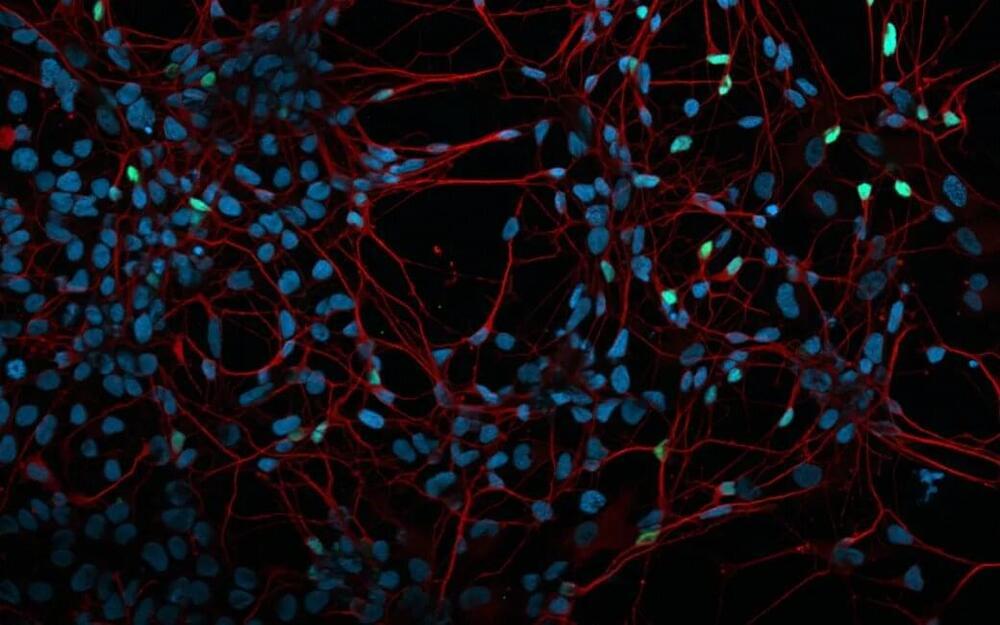
Induced pluripotent stem cells offer great therapeutic potential and are a valuable tool for understanding how different diseases develop. New research shows that such stem cell lines should be regularly screened for genetic mutations to ensure the accuracy of the disease models.
In the past 10 years, scientists have learned to create induced pluripotent stem cells (iPSC) from ordinary cells by genetic reprogramming. These cells are widely used to study diseases, as they can be differentiated to almost any cell type of the body, and they can be generated from any individual. However, a key remaining methodological challenge is that the differentiation process is subject to major technical variation for mostly unknown reasons.
HiLIFE Tenure Track Professor Helena Kilpinen and her group at the University of Helsinki use stem cells for studying the biological mechanisms of neurodevelopmental and other brain-related diseases.
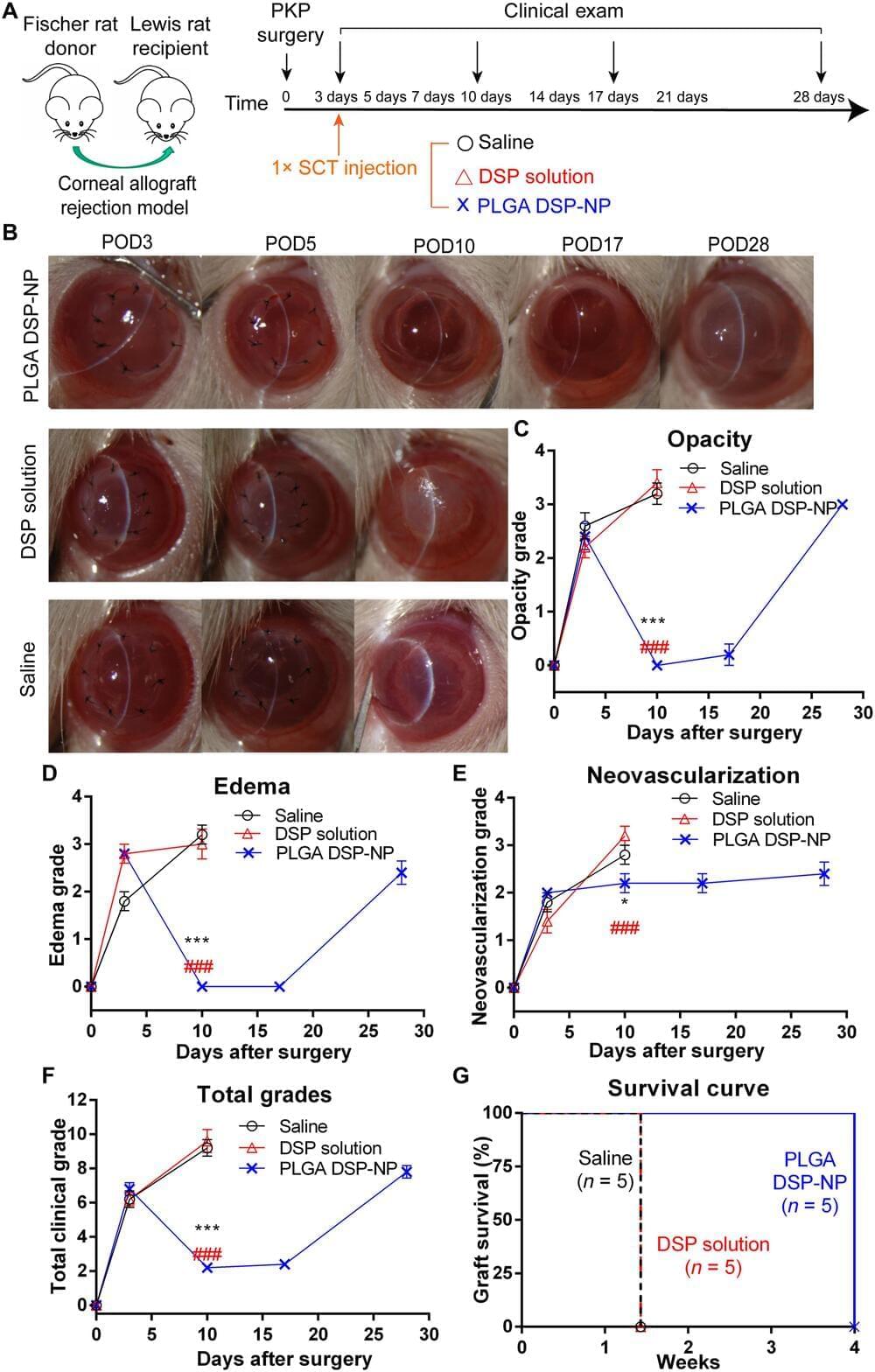
Corneal transplants can be the last step to returning clear vision to many patients suffering from eye disease. Each year, approximately 80,000 corneal transplantations take place in the U.S. Worldwide, more than 184,000 corneal transplantation surgeries are performed annually.
However, rejection rates for the corneal grafts can be as high as 10%. This is largely due to poor patient compliance to the medications, which require frequent administrations of topical eyedrops over a long period of time.
This becomes especially acute when patients show signs of early rejection of the transplanted corneas. When this occurs, patients need to apply topical eyedrops hourly to rescue the corneal grafts from failure.
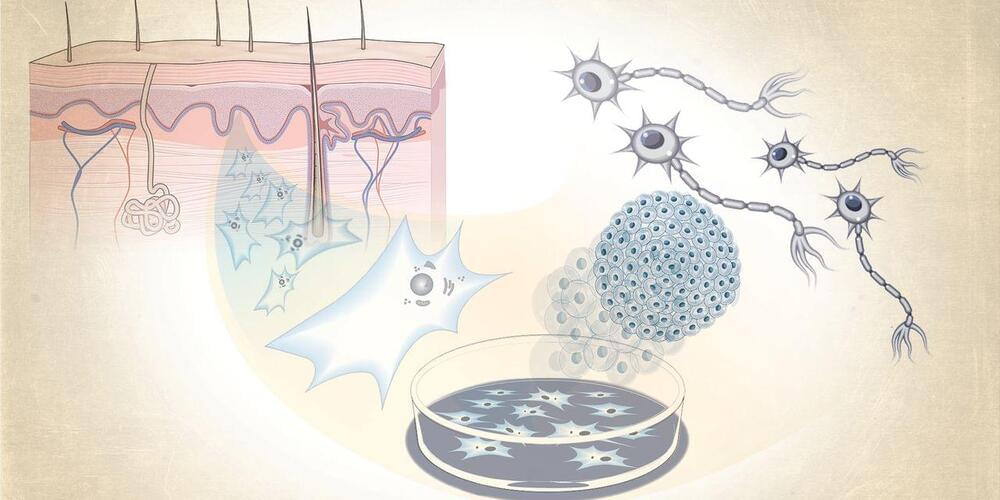
Could an injection of lab-cultured brain cells, created from a person’s own cells, reverse symptoms of Parkinson’s disease? That’s an idea that Aspen Neuroscience Inc., a startup based in San Diego, plans to test in human trials later this year.
In patients with Parkinson’s, neurons die and lose the ability to make the chemical dopamine, leading to erratic, uncontrollable movements. Aspen Neuroscience will test if the newly injected cells can mature into dopamine producers, stopping the debilitating symptoms of this incurable disease, says Damien McDevitt, the company’s chief executive officer. Tests in animals have shown promise, the company says.